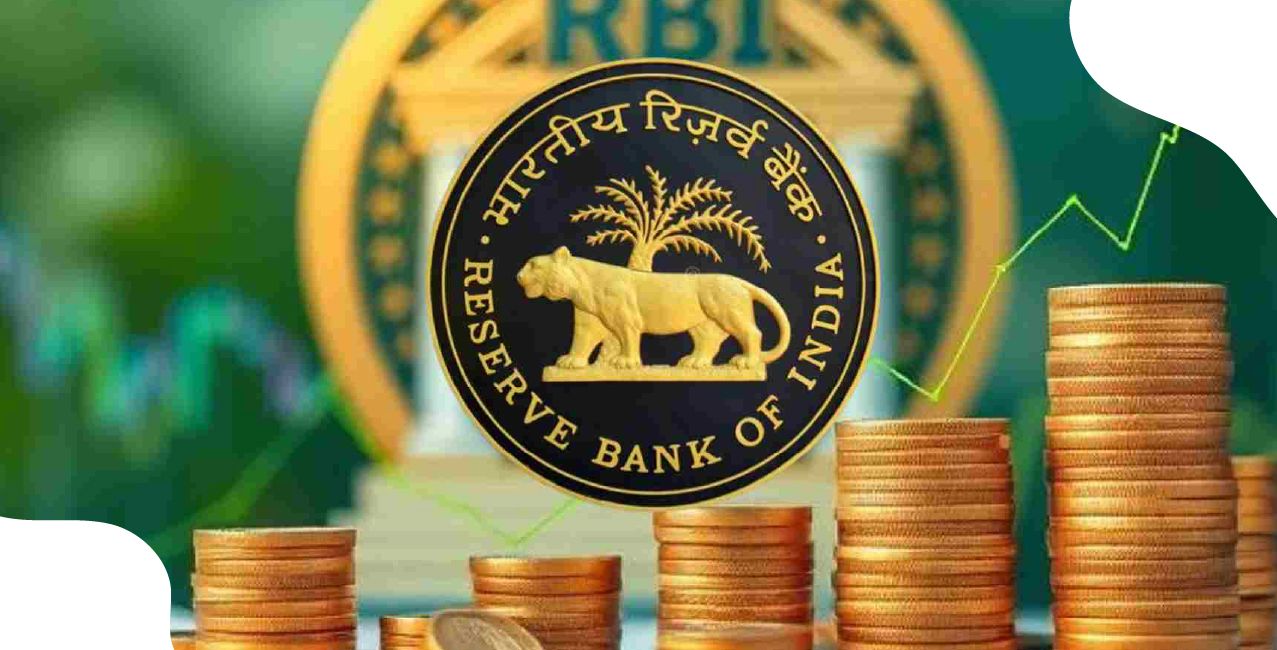
Author
LoansJagat Team
Read Time
4 Min
31 Aug 2025
Big Businesses Prefer Raising Money from Market Instead of Bank Loans
Corporates Shift Gears Towards Market-Driven Capital
In a significant change in India’s corporate borrowing landscape, large businesses are increasingly ditching traditional bank loans in favour of cheaper and quicker capital market options.
Despite accommodative monetary policy moves by the Reserve Bank of India (RBI), corporate loan growth has slowed down, especially among big lenders like HDFC Bank, ICICI Bank, and Union Bank of India.
The key reason? Capital markets are offering funds at far more competitive rates with fewer regulatory hurdles. With improved credit ratings, ample liquidity, and access to sophisticated investors, India Inc. is taking the market route to fund expansion, working capital, and refinancing.
Corporates Don’t Want to Take Loans from HDFC, ICICI, and Other Banks
Even after the RBI slashed repo rates by 100 basis points since January 2025, banks haven’t been able to match the pricing offered by capital markets.
While companies are able to raise market funds at interest rates ranging between 6.8% and 9%, banks continue to lend at a higher average rate of 9.23%, making loans from financial institutions less attractive.
This divergence is now visible in bank earnings:
Bankers themselves acknowledge the trend. “Larger corporates are quite liquid, highly rated, and strong on the balance sheet, which means the yields are lower,” said Srinivasan Vaidyanathan, CFO of HDFC Bank. Additionally, faster processing, lower documentation, and flexible pricing make bonds and equity a more efficient route for funding.
Read More – How Do Equity Shares Differ From Debentures?
How Do Businesses Raise Funds from Capital Markets?
Businesses have two major options to raise funds from the capital market—Equity Financing and Debt Financing. Here's how they compare:
Steps to Raise Funds:
- Prepare DRHP
- SEBI approval
- Stock exchange listing
- Public issue launch
- Allotment & trading begins
- Credit rating
- File with SEBI (if public issue)
- Private placement to investors
- Listing or settlement
Which Banks Offer the Lowest Interest Rates on Corporate Loans?
While large businesses may avoid banks due to high rates, some banks still offer competitive corporate/business loan rates. Here’s a snapshot of current low-interest options:
Rates are indicative and depend on business profile, credit history, and tenure.
Also Read - Should You Invest in IPOs in 2025? A Complete Pros & Cons Guide
Capital Markets Boom: The Bigger Picture
The surge in capital market fundraising reflects more than just a pricing advantage—it marks a strategic shift in corporate finance.
- Capital market fundraising jumped 32.9% in FY24, reaching ₹15.7 lakh crore, up from ₹11.8 lakh crore in FY23.
- Of this, 63.5% came via debt instruments, of which 99.2% were through private placements, highlighting growing investor appetite for structured corporate debt.
- Equity contributed 27.4% to the total fundraising pie, indicating that while companies are still raising public equity, debt remains the preferred route.
This data points toward increasing financial maturity, with firms exploring cheaper, scalable, and long-term funding alternatives that offer greater control.
Conclusion
The decline in corporate loan growth is not a sign of slowing business activity—but a reflection of India Inc.’s evolving financing strategy. With capital markets offering better rates, quicker access, and flexible structures, large businesses are voting with their feet—moving away from traditional bank loans to modern market mechanisms.
While banks may still remain crucial for small and mid-sized enterprises, the future of big-ticket corporate financing lies in the bond and equity markets. For policymakers and bankers, this shift presents both a challenge and an opportunity—to reimagine lending products and deepen India’s capital markets further.
About the Author

LoansJagat Team
‘Simplify Finance for Everyone.’ This is the common goal of our team, as we try to explain any topic with relatable examples. From personal to business finance, managing EMIs to becoming debt-free, we do extensive research on each and every parameter, so you don’t have to. Scroll up and have a look at what 15+ years of experience in the BFSI sector looks like.

Quick Apply Loan
Subscribe Now
Related Blog Post

LoansJagat Team • 05 Jan 2026

LoansJagat Team • 05 Jan 2026

LoansJagat Team • 31 Dec 2025